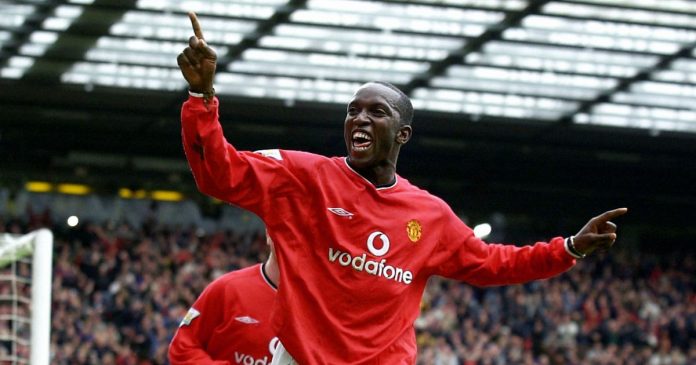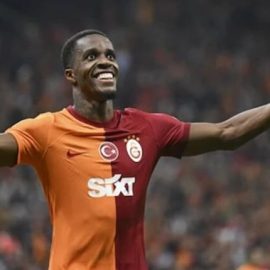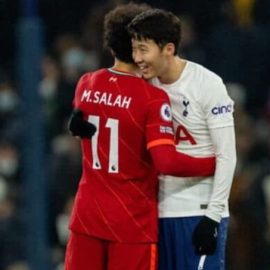We should’ve known. This season has been no different to any of the seasons before it. Sooner or later, the age-old football technology debate becomes a central feature of pub discussions and television sensation.
Every year the pro-technology side of the argument seems to be getting more and more frustrated as other walks of life embrace technological progress while football’s authorities turn a blind eye.
This is not an in-depth analysis of the possible technologies available, just a brief overview of the debate surrounding them. Many arguments from all sides of that debate have been made on Soccerlens in the past and come highly recommended.
As always, the horizon is littered with incidents from up and down the English leagues but dominated by a small number of controversies.
Reading’s phantom goal against Watford ignited the debate in September (a decision which hasn’t prevented referee Stuart Attwell gaining a rather impressive promotion) and Hull City boss Phil Brown took a pair of bellows to the embers when he accused Steve Bennett and his assistant referee of (correctly) overturning a penalty decision based on ‘outside’ advice.
Video replays
Football technology could take many forms. Perhaps the most controversial is the video replay, a concept which brings with it the beginnings of video refereeing, in-game pauses and a whole host of related issues.
The game has in fact taken a backwards step in this regard. The dug-out monitor, made infamous by Jose Mourinho, is now banned from English benches. Of course, this prevents managers and team officials seeing contentious issues in slow-motion, but this is a double-edged sword: Chris Coleman pointed out in August that it also means managers are unable to review correct decisions and calm down as a result.
Revisiting the Phantom Goal decision in the run-up to Friday’s return fixture between Reading and Watford, Royals coach Wally Downes (no stranger to hilarious controversy himself) highlighted a fascinating point in the video replay debate.
It’s often suggested that video replays would make football too stop-start due to the lag between incident and final decision. I don’t buy that, generally. We can see replays and review decisions in seconds. But Downes effectively told the Reading Chronicle that the very possibility of a break would invite temptation into the equation.
Football, he says, would become abused by advertisers. Replays don’t slow down the game by necessity, but the new revenue stream becomes a dangerous one.
Goal line technology
One area which is very popular in this debate is goal line technology (GLT). It was tested at Fulham’s Craven Cottage before FIFA and UEFA controversially canned the research.
The attraction of GLT is that it tests, in theory, a black-and-white yes-or-no football variable. A goal is only a goal if the whole ball crosses the goal line – there is no room for interpretation, one of the main concerns for fans sceptical of replays generally. It can also reduce its output to a beep or a flashing light, or even to a buzz on the referee’s wrists. In other words, it’s instantaneous.
For and against
For the record, I’m pretty much against the over-use of technology in football (with some exceptions). The thing is, I’m not 100 percent decided on the issue, and even the opinion I have formed is based on little more than my natural propensity to defend football against all comers. So I asked a few others what they thought.
Gary Andrews sits somewhere in the middle. We’ve discussed this one over a beer more than once, and he believes that some decisions could be made with the help of technology, and also that referees should be fully miked-up. I’ve also written about hooking microphones up to the officials, but while Gary advocates a rugby-style public output, I’d prefer the recording to be made available only retrospectively to assessors.
Chris Applegate argues that video replays should be used at the top level, and that if rugby and cricket can do it, so can football. He’s got a point, but it raises the question of football’s role as a universal leveller. The laws and rules of football are intended to be applicable from top to bottom, a concern expressed by BriggySmalls when I asked his opinion.
Catherine Gee suggested that footballers should use hoverboards to heighten entertainment, but that just goes to show the dangers of crowdsourcing a topic.
One thing is for sure: the debate will go on and on, regardless of the implementation or otherwise of various technologies. The only question is whether I ever make up my mind on the subject.
Chris Nee blogs at twofootedtackle and Villa Offside.
Add Sportslens to your Google News Feed!






